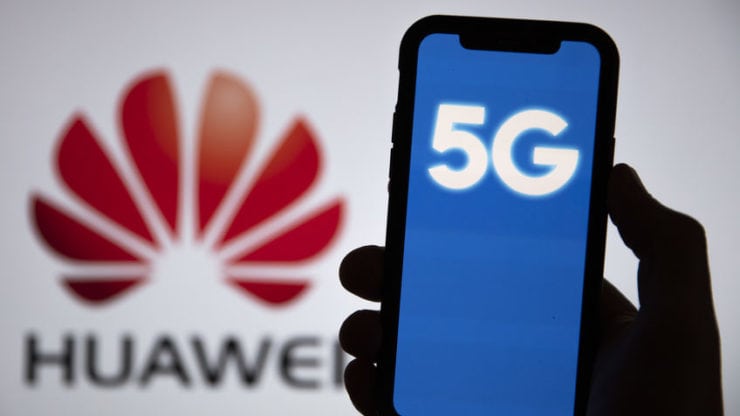Germany has announced plans to phase out components from Chinese telecom giants Huawei and ZTE from its 5G networks by 2029 due to national security concerns.
This strategic move aims to mitigate security risks and reduce dependency on these firms for critical infrastructure.
Core components to be replaced by 2026
By the end of 2026, Germany will eliminate the use of Huawei and ZTE parts in its core 5G mobile networks, according to the interior ministry.
Core networks, which handle sensitive data and essential communication functions, are considered the “central nervous systems” of the nation’s business and communication infrastructure.
“We are protecting the central nervous systems of Germany as a business location—and we are protecting the communication of citizens, companies, and the state,” stated the interior ministry.
This initiative is part of a broader strategy to enhance national security and ensure the integrity of critical infrastructure.
Full replacement of access and transmission infrastructure by 2029
Beyond the core network, the German government has mandated that 5G access and transmission infrastructure systems from Huawei and ZTE must be replaced by the end of 2029.
This timeline allows for a gradual transition, ensuring the network’s functionality and service quality are maintained during the replacement process.
The ministry emphasized the importance of this measure, stating, “We must reduce security risks and, unlike in the past, avoid one-sided dependencies.” The goal is to diversify the supply chain and minimize potential vulnerabilities in the nation’s critical infrastructure.
Critical infrastructure and economic ties
Germany’s 5G networks are deemed part of the country’s “critical infrastructure,” essential for sectors such as health, transport, and energy. Ensuring the security and reliability of these networks is a top priority for the government.
Germany and China, the world’s second and third largest economies, have long maintained close economic ties. However, recent geopolitical developments, including the war in Ukraine and the subsequent energy crisis, have prompted Berlin to reassess and reduce its economic dependency on China.
The risks associated with over-reliance on a single country for essential resources and technologies have become more apparent.
Broader implications and future outlook
Germany’s decision reflects a growing trend among Western countries to scrutinize and limit the involvement of Chinese technology firms in critical infrastructure projects.
Concerns over potential espionage and the integrity of communications networks have led to increased regulatory actions and the search for alternative suppliers.
While this move may strain economic relations between China and Germany, it aligns with Berlin’s broader strategy to diversify its economic partnerships and enhance national security. By reducing dependency on Huawei and ZTE, Germany aims to build a more resilient and secure technological infrastructure.
The transition away from Chinese components in 5G networks will require significant investments and coordination with telecom operators.
However, the German government believes that the long-term benefits of enhanced security and reduced dependency outweigh the short-term challenges.
As Germany progresses with this phase-out plan, other countries may follow suit, further shaping the global landscape of telecommunications and critical infrastructure.
The balance between economic ties and national security considerations will continue to influence policy decisions in the coming years.
The post Germany to remove Huawei and ZTE from 5G networks by 2029 over security concerns appeared first on Invezz























